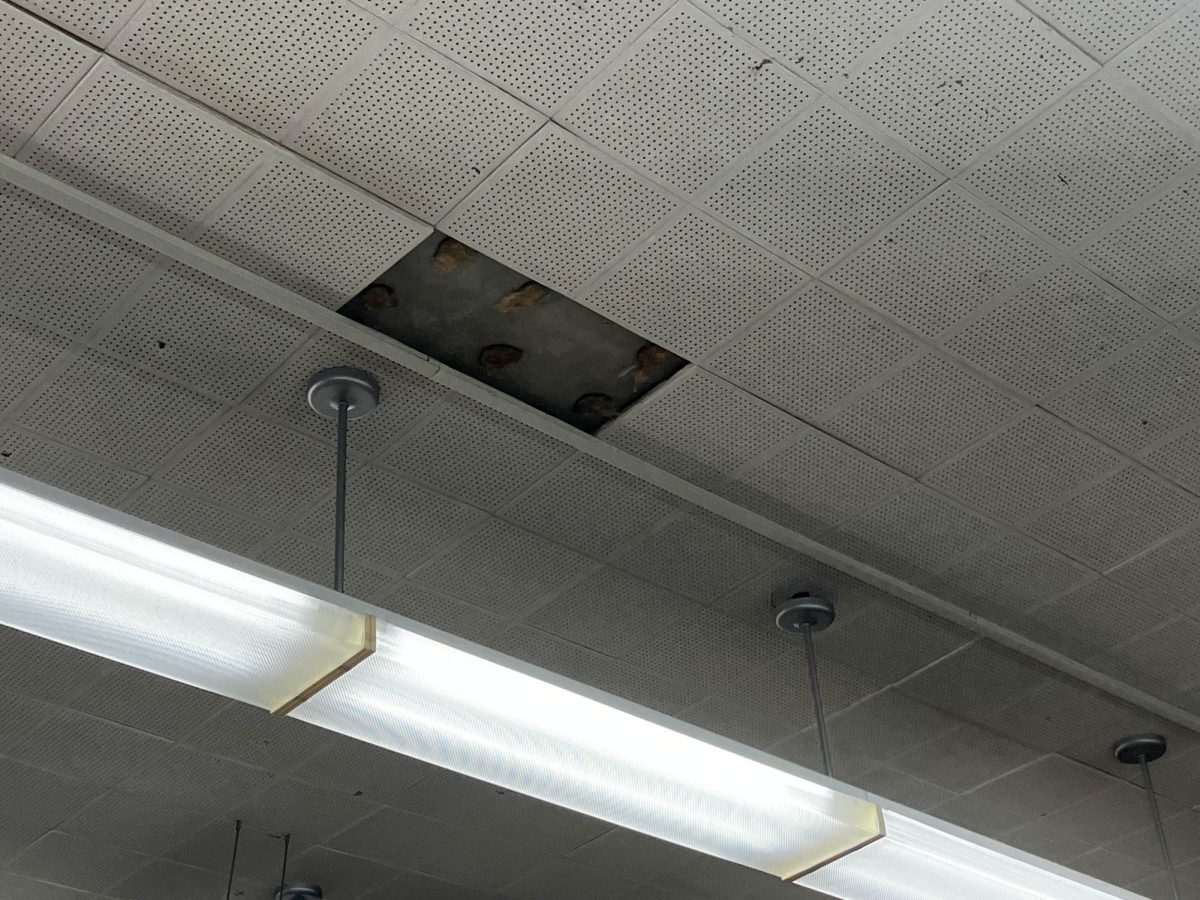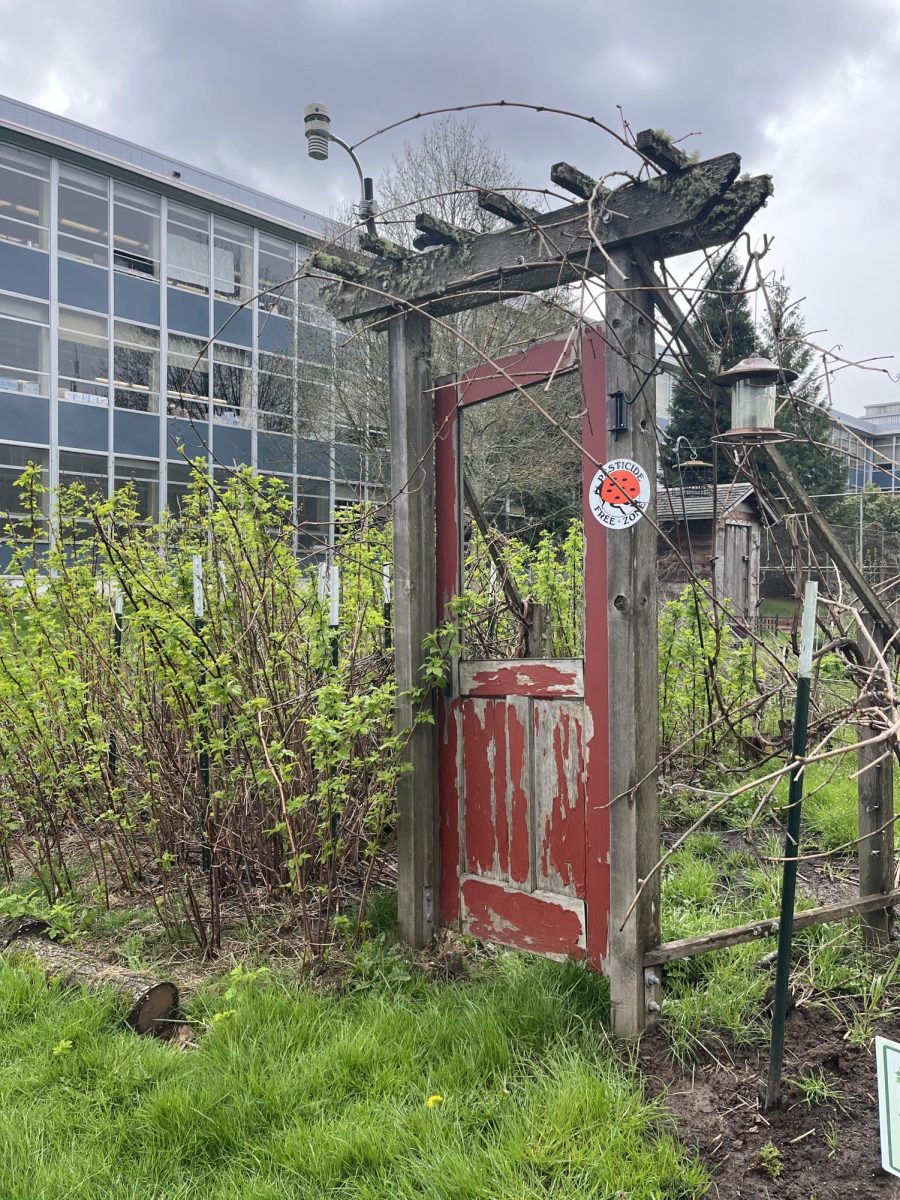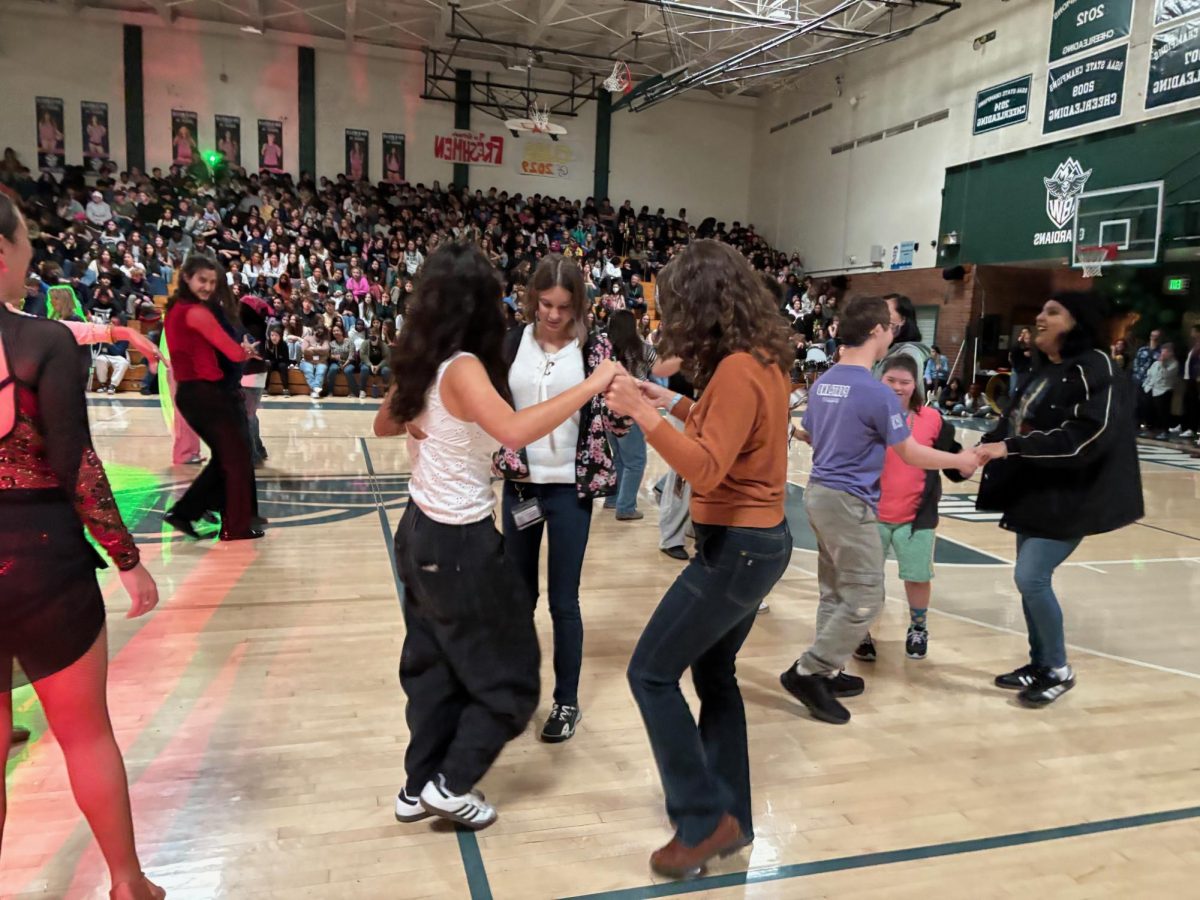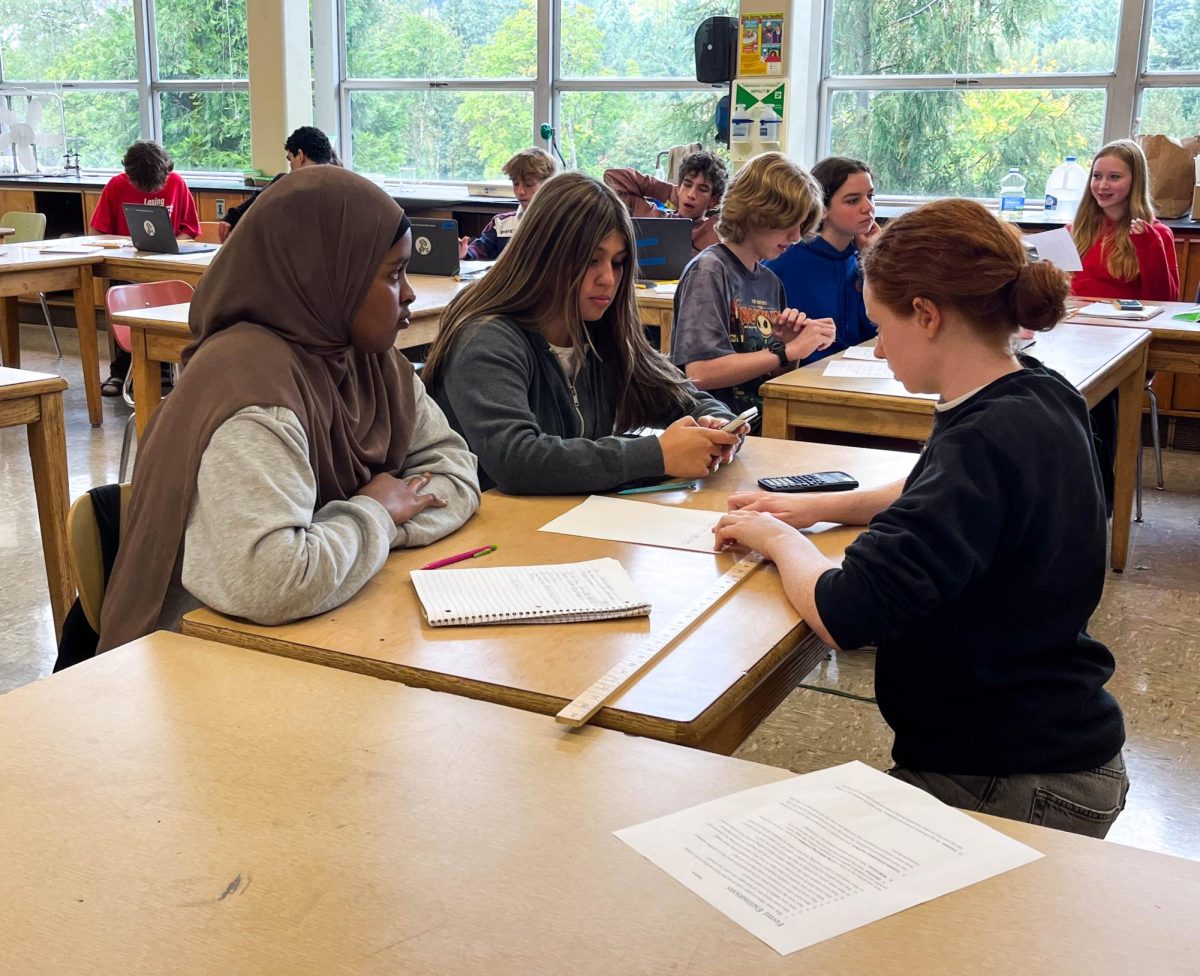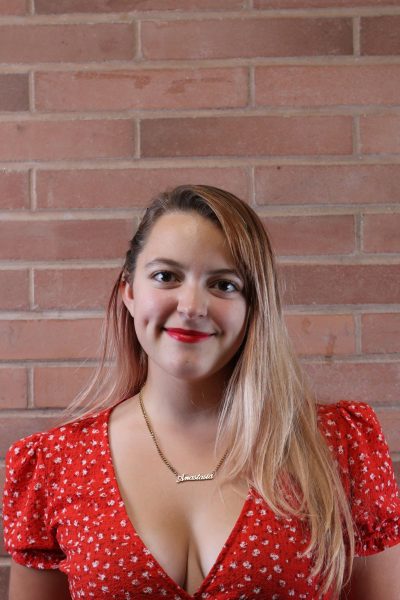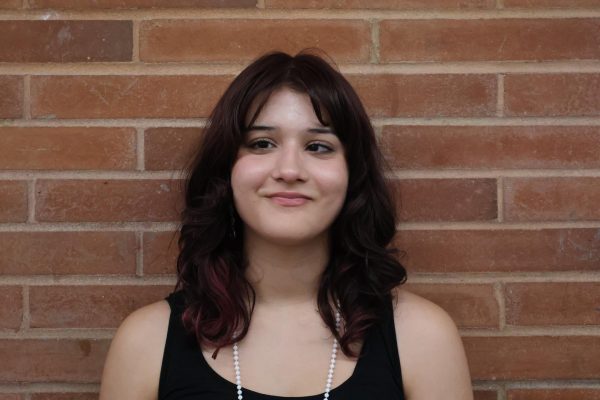When students walk into a classroom at Ida B. Wells High School, they’re greeted by the sad sight of too few desks for the number of students, the dwindling supply of tissues and hand sanitizer as well as the constant rattling sound of a busted radiator. Not only that, teachers are overwhelmed with more students than ever.
Underfunding in schools is no new story. Portland Public Schools (PPS) is currently $40 million in the hole, and it’s hitting schools across the district, spreading misfortune in its wake.
One of the biggest signs of this is the district print shop closing, which has led to higher costs for individual schools and departments in notebooks, packets and readings. While this affects many core classes, the science department has been hit particularly hard. “Whereas previously the packets we needed were covered by building costs, now each department has to pay for their own paper,” said Julianne Quigley, an IBW science teacher. “That’s several thousand dollars a year.”
Electives are also being hit with the consequences of underfunding.
In band, some students are provided with instruments from PPS, but underfunding can force students to spend their own money to buy or rent them — making musical performance at IBW much less accessible, potentially causing people to drop out of the program. “We get money from fundraising; […] we’re fortunate to be at a more middle-class school, where parents can afford to donate money to our program, but many of the arts programs struggle heavily with funding,” said Nick Caldwell, IBW’s band director.
Another art that’s hit heavily by these issues is the theater department, especially as the productions are a mix of classes and a club. For each of the four yearly productions, different sets and costumes are required. These productions all require material to be made and material costs money.
“The school provides basic office supplies and pays most building needs, but other than that, all of the resources for shows and classes come from fundraising, ticket sales and student fees,” said Jamie Miller, the IBW theater director.
Not only that, but underfunding has caused IBW to be ineligible for the PPS Summer Acceleration Academy. This program focuses on providing extra learning opportunities over the summer for students in English Language Arts. The number of eligible PPS schools was reduced from 60 to just 18.
These are only the effects that underfunding has on classes, but the school environment is also important to consider. Old graffiti on the walls, malfunctioning lights, loud radiators always banging, unregulated temperature control and the ceiling tiles falling out, among other things, don’t create an environment conducive to learning.
One might say, “What’s the point of worrying about all of this? IBW is getting rebuilt anyway.”
The prospect of getting a nicer school in the next few years has been used as a reason to not fund the currently needed repairs of IBW’s building, forcing students and teachers to work and learn in these conditions.
Despite common misconceptions, funding for the new building comes from a bond, approved by taxpayers, not PPS itself. The bond, Measure 26-259, will be voted on May 20, 2025. It is now in the hands of the voters.
The effects on classes and school events are still serious and real in the interim, however.
With this uncertainty, it’s important to remain in the loop about funding around schools and participate in events to boost your voice for better funding. Take advantage of opportunities to do this. For example, on Feb. 19, PPS hosted a “School Funding Advocacy 101” workshop for students and families interested in talking to State legislators about securing funds. Before that, IBW hosted “Hoot and Holler,” a meeting where the student body officials would hear out the concerns of their peers.
“School funding is incredibly challenging,” said Miller. “Education, and all of the things we ask public education to do are foundational to who we aspire to be as […] a country […] I can’t imagine where you’re gonna get more return on the money that goes into it, than educating the next generation.”


